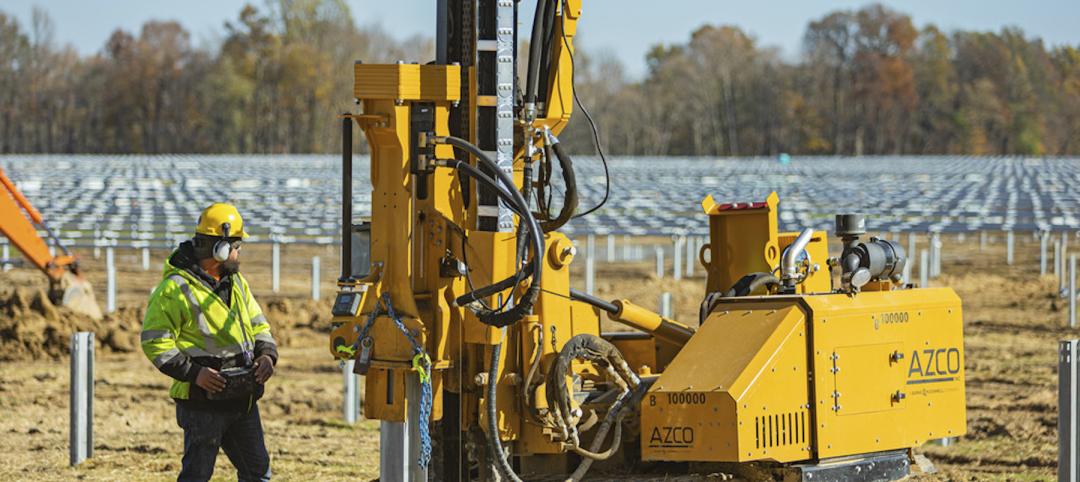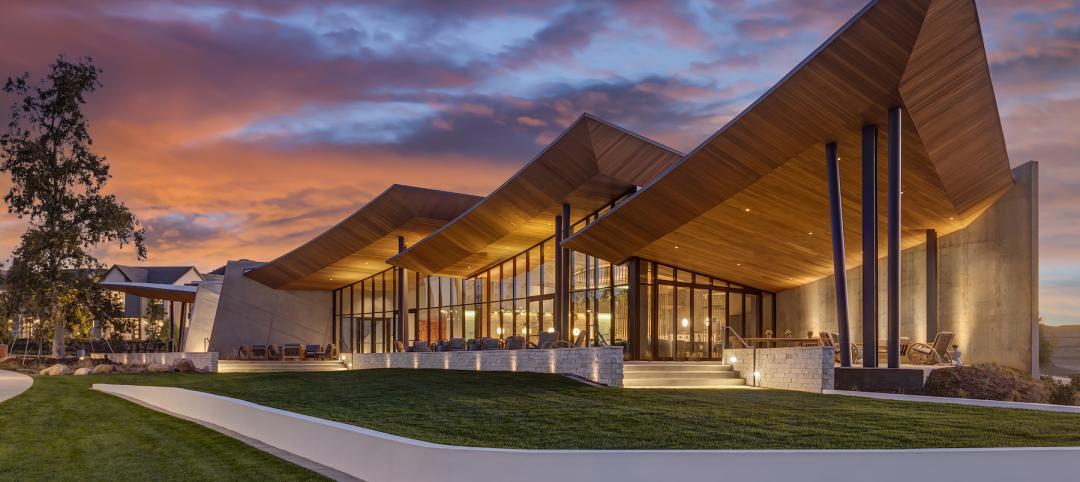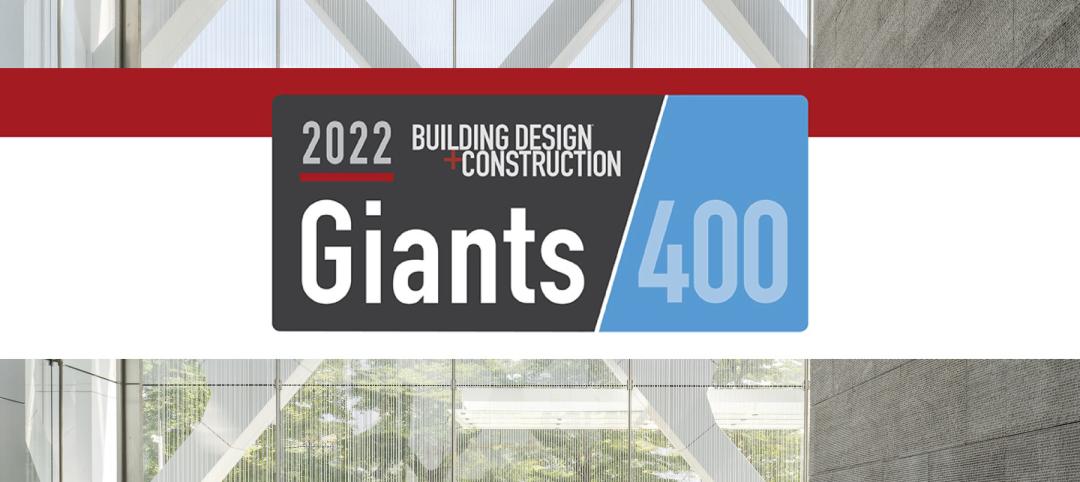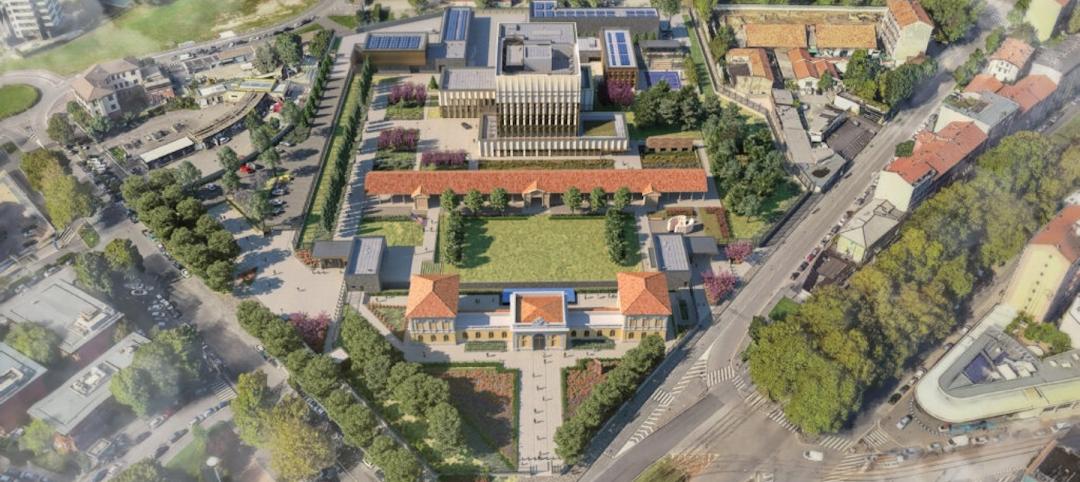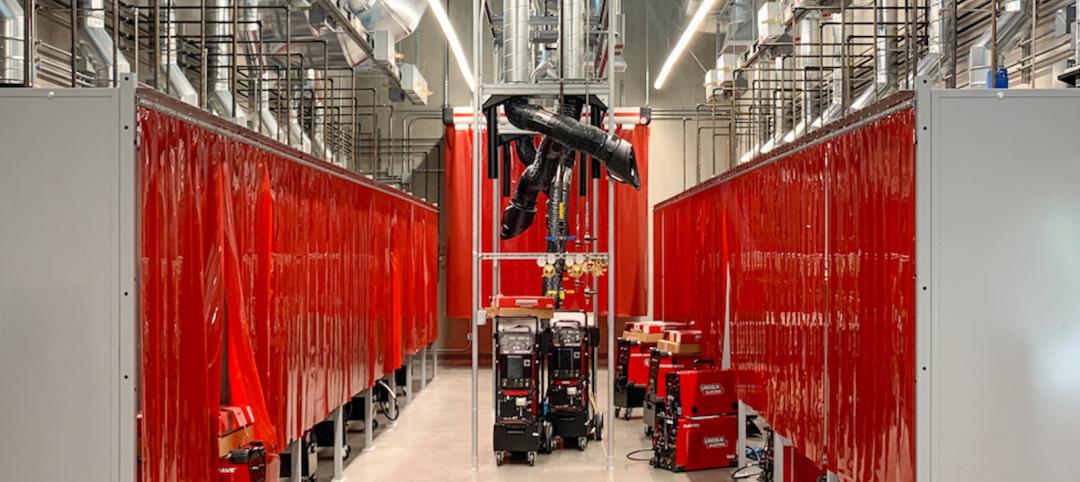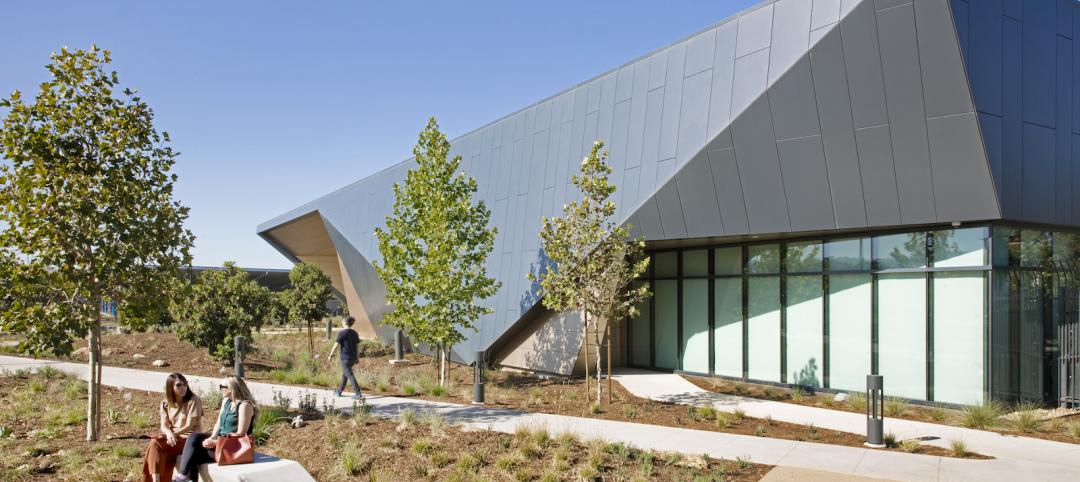The U.S. General Services Administration (GSA), and the U.S. Department of Energy (DOE) will invest $30 million from the Inflation Reduction Act to increase the sustainability of federal buildings by testing novel technologies.
The vehicle for that effort, the Green Proving Ground (GPG) program, will invest in American-made technologies to help increase federal electric vehicle supply equipment, protect air quality, reduce climate pollution, and enhance building performance. This year the GPG program has selected 20 emerging and sustainable technologies for real-world evaluation in GSA’s real-estate portfolio.
The number of technologies tested this year increased four-fold increase over previous years with added funding from the Inflation Reduction Act.
This year’s GPG program focuses on seven technology areas:
- Electric Vehicle Supply Equipment: Turnkey electric vehicle charging infrastructure from Loop Global, optimized charging through charge management software from bp pulse, a battery-buffered DC fast charger from ADS-TEC Energy, and vehicle grid integration (VGI) technology from General Motors LLC.
- Germicidal Ultraviolet technologies: Next-generation LEDs and Far-UVC light to disinfect air without increasing ventilation. The GPG program will evaluate technologies that support healthier buildings while reducing energy use from Far UV Technologies, R-Zero, and PURO (subsidiary of Applied UV Inc.) with the Academy Energy Group.
- Greenhouse Gas Accounting: Technologies essential to achieving 24/7 carbon-free electricity and net zero operational emissions. Cambio AI and nZero will aim to go beyond annual greenhouse gas reporting to operationally focused carbon management, including near-real-time 24/7 carbon-free electricity insights and impacts.
- Grid-Interactive Efficient Buildings: Delivering cost savings by leveraging technologies and strategies that provide continuous demand management and load flexibility. The energy management platform from COI Energy aims to optimize energy use through machine learning.
- High-Performance technologies: Helping reduce operational and embodied carbon emissions by evaluating automated aerosol-based duct sealing from Aeroseal; an Internet-of-Things (IoT) lighting system from Signify North America Corporation; and bio-engineered, low-embodied-carbon concrete from Biomason. DOE will seek commercial partners to validate Toggled, a plug load control solution, and a thermostatic radiator cover and hybrid electrification solution from Kelvin.
- Onsite Renewables: Technology essential to meeting the Administration’s net zero operational emission goals. The GPG program will evaluate an energy storage technology from Yotta Energy that is the size of a large laptop and installed in place of ballast beneath a rooftop photovoltaic system. The program will also pilot a wind turbine from Accelerate Wind that can be installed at the edge of the building roof and complement rooftop solar.
- Window Retrofit technologies: Help improve the performance of a building’s exterior envelope by evaluating three technologies: vacuum-insulated glazing from Pilkington; R14 interior window retrofit system from Vitro Architectural Glass; and, a secondary window framing system from Indow.
Some of these technologies will be tested at GSA’s Applied Innovation Learning Labs to identify replicable combinations of technologies that deliver net-zero operational emissions.
Related Stories
Giants 400 | Aug 22, 2022
Top 200 Contractors for 2022
Turner Construction, STO Building Group, Whiting-Turner, and DPR Construction top the ranking of the nation's largest general contractors, CM at risk firms, and design-builders for nonresidential buildings and multifamily buildings work, as reported in Building Design+Construction's 2022 Giants 400 Report.
Giants 400 | Aug 22, 2022
Top 45 Engineering Architecture Firms for 2022
Jacobs, AECOM, WSP, and Burns & McDonnell top the rankings of the nation's largest engineering architecture (EA) firms for nonresidential buildings and multifamily buildings work, as reported in Building Design+Construction's 2022 Giants 400 Report.
Giants 400 | Aug 22, 2022
Top 80 Engineering Firms for 2022
Kimley-Horn, Tetra Tech, Langan, and NV5 head the rankings of the nation's largest engineering firms for nonresidential buildings and multifamily buildings work, as reported in Building Design+Construction's 2022 Giants 400 Report.
Giants 400 | Aug 21, 2022
Top 110 Architecture/Engineering Firms for 2022
Stantec, HDR, HOK, and Skidmore, Owings & Merrill top the rankings of the nation's largest architecture engineering (AE) firms for nonresidential and multifamily buildings work, as reported in Building Design+Construction's 2022 Giants 400 Report.
Giants 400 | Aug 20, 2022
Top 180 Architecture Firms for 2022
Gensler, Perkins and Will, HKS, and Perkins Eastman top the rankings of the nation's largest architecture firms for nonresidential and multifamily buildings work, as reported in Building Design+Construction's 2022 Giants 400 Report.
Giants 400 | Aug 19, 2022
2022 Giants 400 Report: Tracking the nation's largest architecture, engineering, and construction firms
Now 46 years running, Building Design+Construction's 2022 Giants 400 Report rankings the largest architecture, engineering, and construction firms in the U.S. This year a record 519 AEC firms participated in BD+C's Giants 400 report. The final report includes more than 130 rankings across 25 building sectors and specialty categories.
Government Buildings | Apr 11, 2022
Milan’s new US Consulate celebrates Italian design
In Milan, Italy, the new U.S. Consulate General broke ground on April 6. Managed by Overseas Buildings Operations (OBO), a U.S. government agency that directs overseas builds, the 10-acre campus will feature a new Consulate building, as well as the restoration of the site’s historic Liberty Building and reconstruction of a pavilion on the 80,000-square-foot parade ground.
Education Facilities | Feb 17, 2022
Community colleges build new centers for advanced manufacturing training
Portland Community College joins a growing list of community colleges building advanced training facilities to help close the skills gap in manufacturing.
Government Buildings | Feb 16, 2022
Cherokee County Detention Center renovation completes
CROFT designed the project.
| Feb 16, 2022
The California Air Resources Board Southern California headquarters is the first net zero energy facility of its kind
The California Air Resources Board (CARB) Southern California headquarters has been completed in Riverside, Calif. The 403,306-sf is the largest vehicle emissions testing facility in the world and the largest net-zero facility of its kind.




